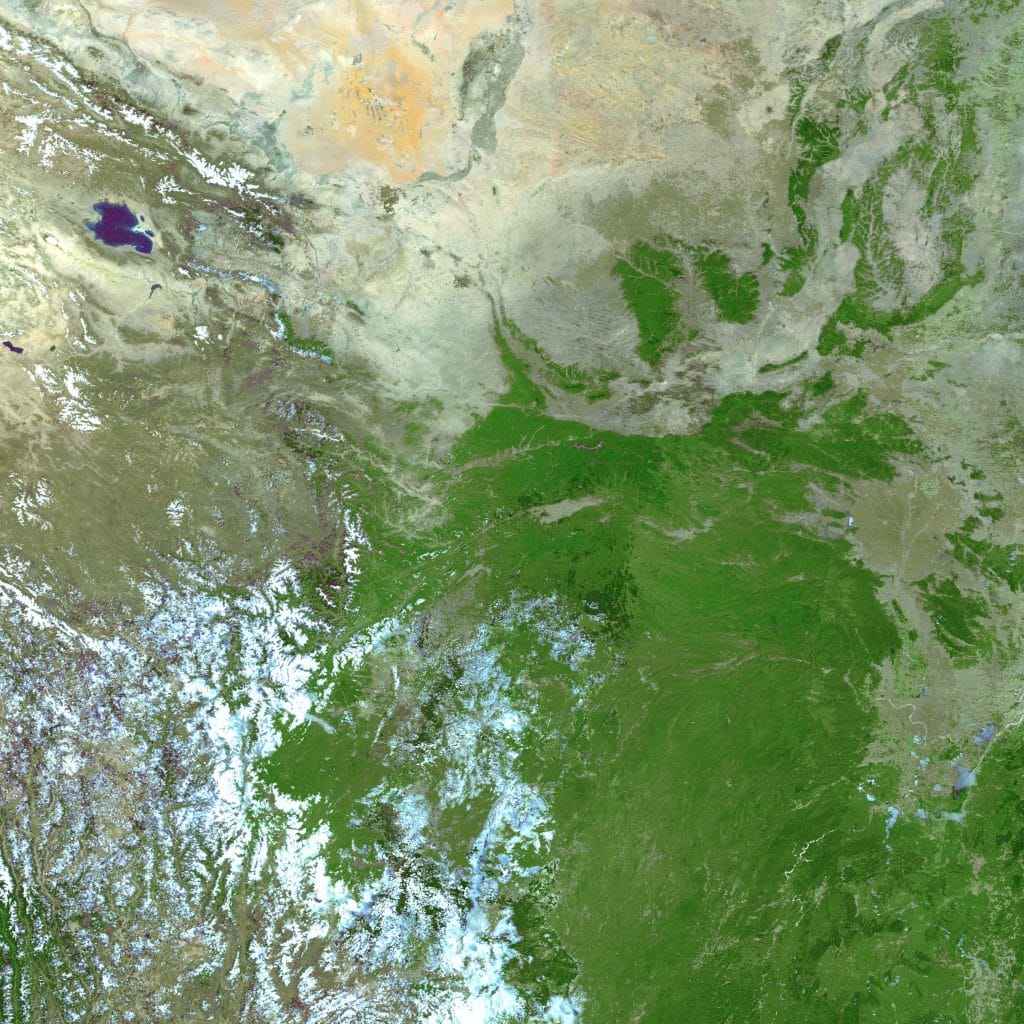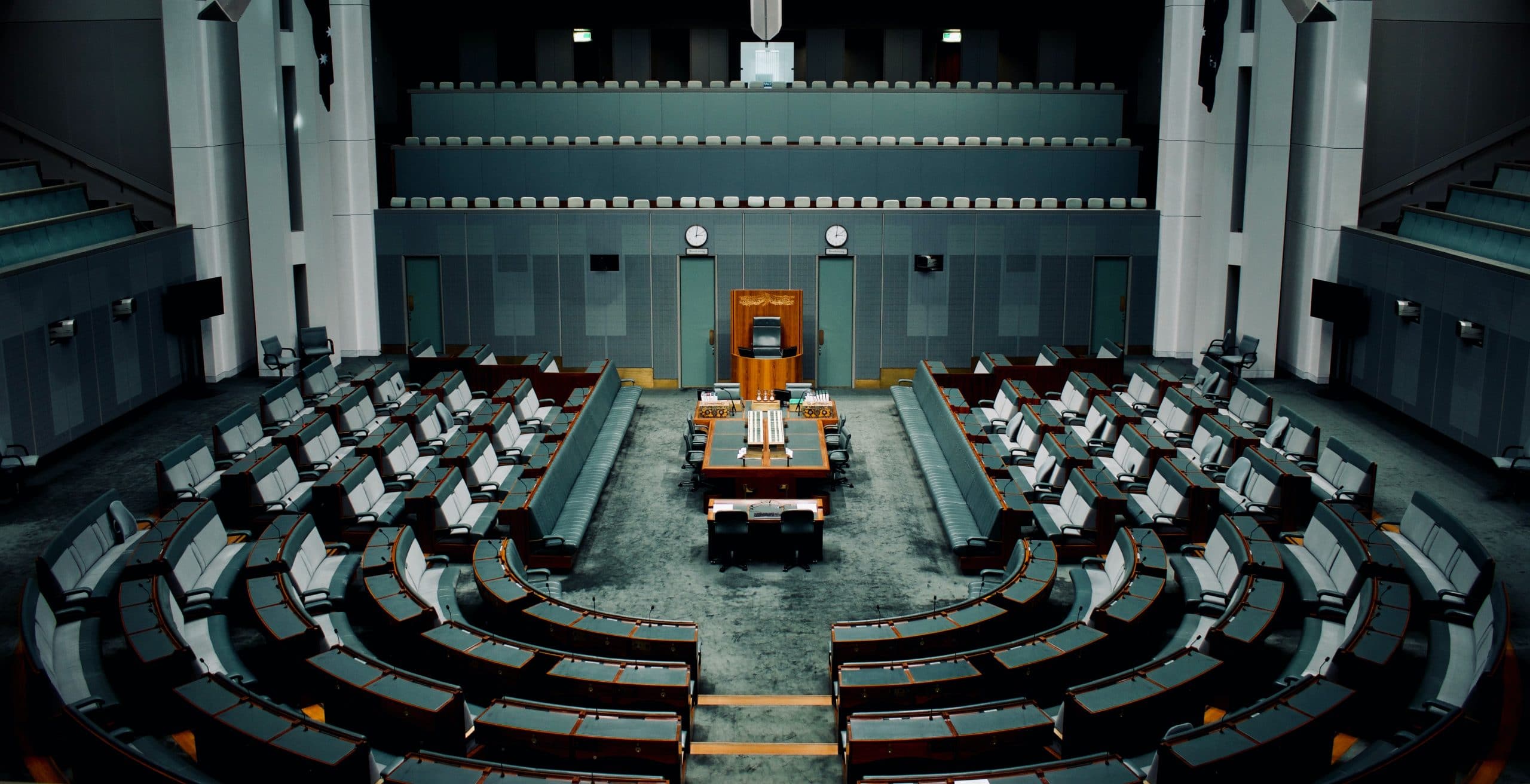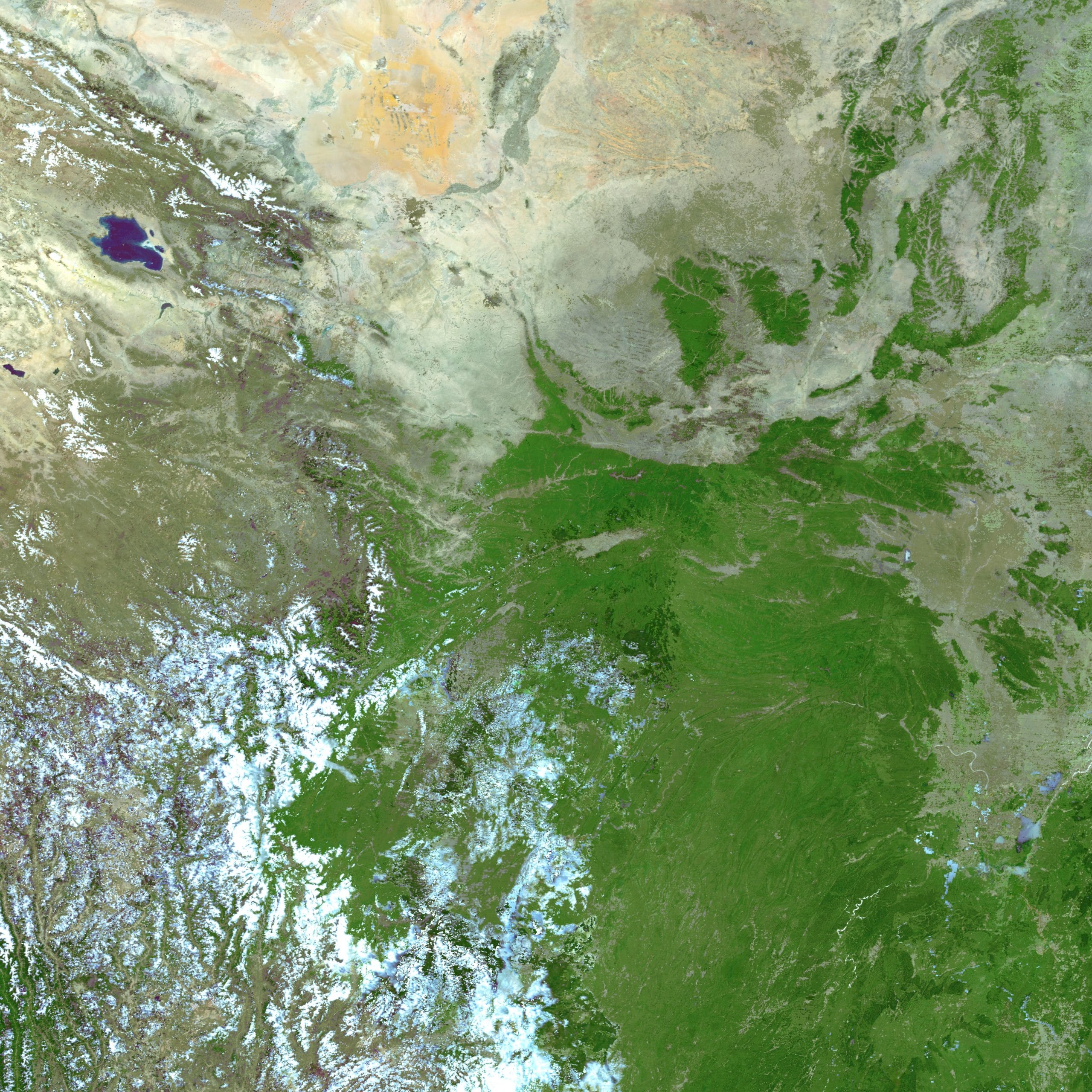Criteria for Creating Regions
The introduction of a federal system which distributes political power across multiple levels within a state is seen by many academics and practitioners as a promising and sustainable instrument for solving ethnic, cultural, religious and/or linguistic conflicts in heterogeneous societies. However, there is little consensus on the specific structure that a federal system should ideally take in order to achieve this aim. Particularly controversial is the question of which criteria should be used for the creation of subnational entities (e.g. regions or provinces).
Four different models for creating regions are presented below along with their respective advantages and disadvantages: anti-ethnic federations, territorial federations, ethnic federations, and ethnic-territorial federations.

Power Sharing for a United Syria is a project run by the European Centre for Kurdish Studies. In Power Sharing for a United Syria, we work on three main pillars Capacity building and dialogue workshops, Policy advice, and Transparency.
In Power Sharing for a United Syria, we regularly organize workshops on constitutional law and the writing of a constitution with members of the Syrian opposition and Syrian civil society. On one hand, Our Advisory Board supports in particular members of the Small Group of the Constitutional Committee to anchor minority rights as an important part of human rights in the constitution. We want to build bridges between the different members of the opposition and representatives of civil society. Moreover, we want to support them in developing mutual positions regarding power-sharing, minority rights and women’s rights. On the other hand, in order to increase the transparency of the Syrian Constitutional Committee (SCC) and its work, we publish, among other things, video clips covering various topics related to the constitutional process.
This topic is discussed more in detail in our full article. Unfortunately, it is available only in German or Arabic.






